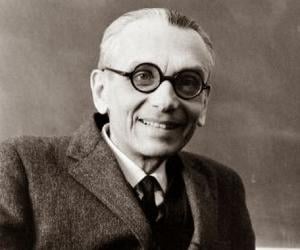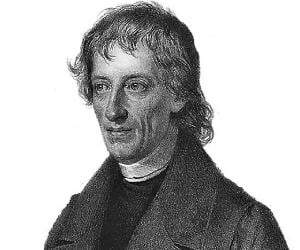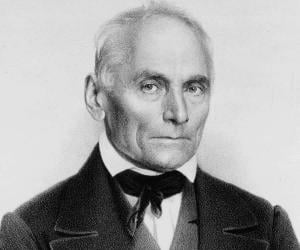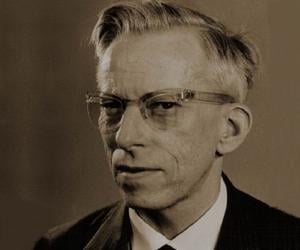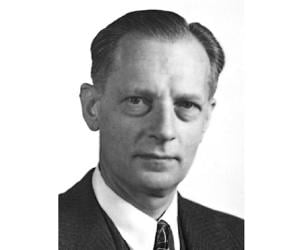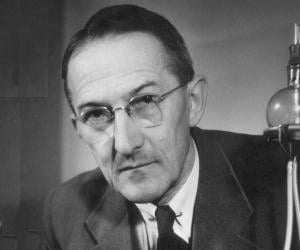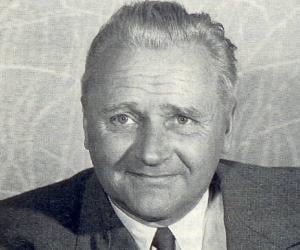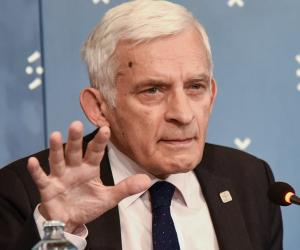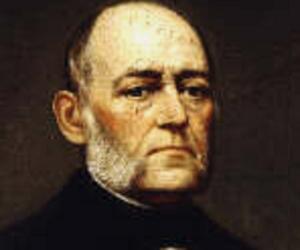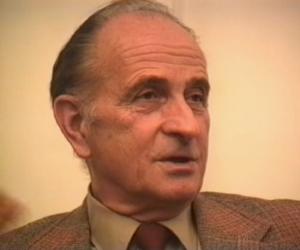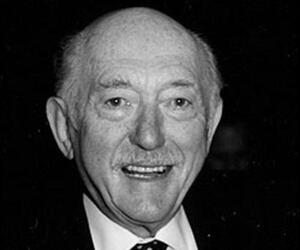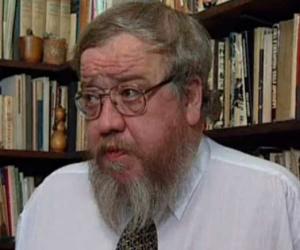1
Kurt Gödel
(Mathematician, Philosopher and One of the Most Significant Logicians in History)
Birthdate: April 28, 1906
Sun Sign: Taurus
Birthplace: Brno, Czech Republic
Died: January 14, 1978
Kurt Gödel was a prominent logician, mathematician, and philosopher known for his groundbreaking contributions to the foundations of mathematics. His work on incompleteness theorems revolutionized scientific and philosophical thinking in the 20th century. Through his discoveries, Gödel demonstrated the limitations of formal systems and highlighted the inherent incompleteness of mathematical theories. He also made significant contributions to proof theory, clarifying the relationships between different branches of logic and set theory. Gödel's innovative techniques and theorems continue to influence mathematics and philosophy to this day.
